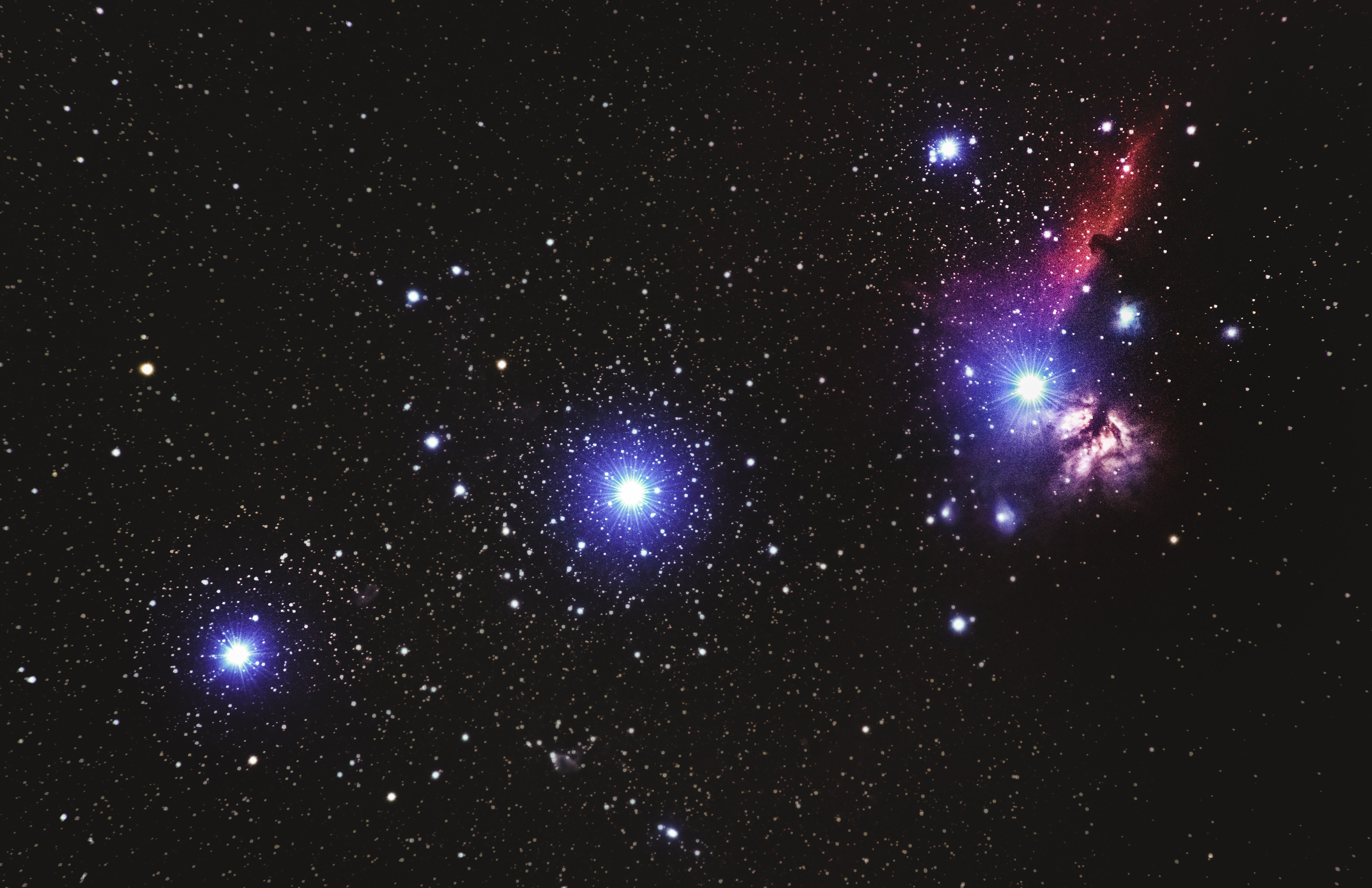
What Sets the Masses of Stars?
The most important characteristic of star, which determines its properties and evolutionary path, is its mass at birth. Observations show that the most common birth mass is slightly smaller than the mass of the Sun, and that masses either much lower or much higher than this value are increasingly rare...
Speakers
Event series
Content navigation
RegisterDescription
The most important characteristic of star, which determines its properties and evolutionary path, is its mass at birth. Observations show that the most common birth mass is slightly smaller than the mass of the Sun, and that masses either much lower or much higher than this value are increasingly rare. This characteristic stellar mass appears to be nearly invariant across a huge range of environments within and beyond our Galaxy, and seems to have changed little over most of cosmic time.
Explaining its origin and universality is one of the oldest problems in theoretical astrophysics, but a fully successful theory eludes us even today. In this talk, I discuss both the history of this problem and recent progress suggesting that we may be within reach of a solution.

About the speaker
Mark Krumholz is a theoretical and computational astrophysicist whose research focuses on flows of interstellar gas, the formation of stars and galaxies, and numerical and statistical methods for astrophysical simulation and data analysis. He received his PhD in 2005 from the University of California, Berkeley, was a Hubble Postdoctoral Fellow at Princeton University from 2005 - 2008, and was on the faculty of the University of California, Santa Cruz from 2008 - 2015. He has been a professor at the ANU since 2015.
Webinar recording
Location
Online
